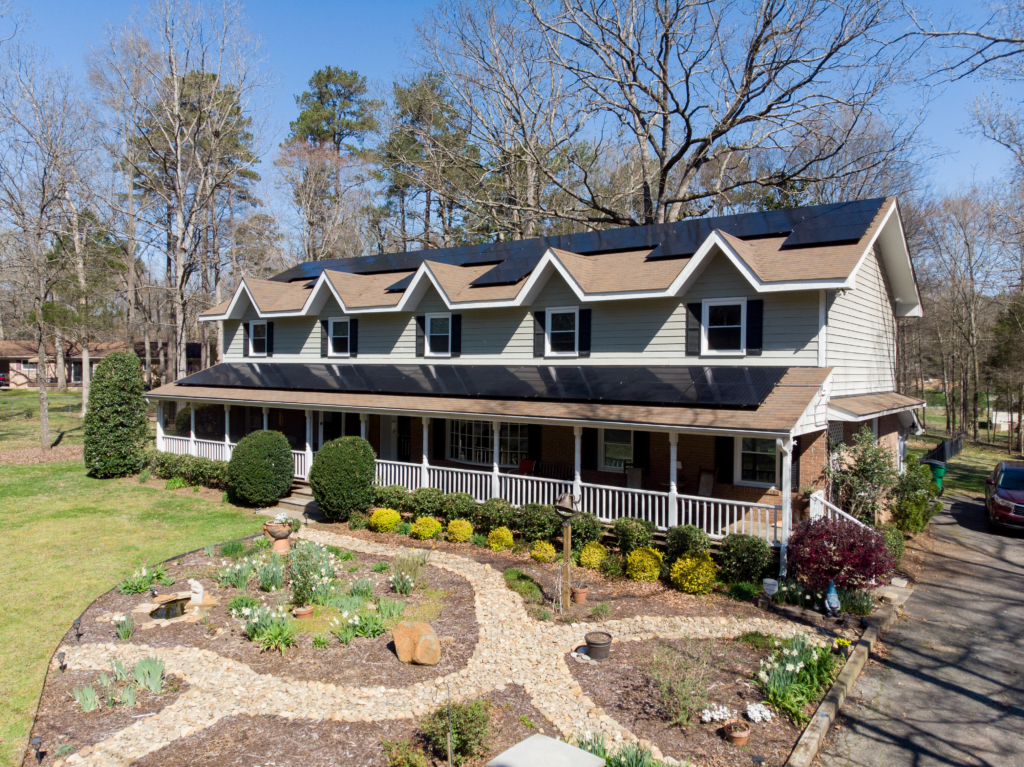Solar Warehouse Case Study
Solar Warehouse Case Study
What would a business need with a solar warehouse? LR Wholesale faced a problem: Electric costs were already hitting the business hard, and looming rate increases were troubling. The owner of the business had a vision for investing in their own power.
The solar proposition for a warehouse
The owner found Renu Energy Solutions and consulted with their experienced staff about this ambitious dream to convert to renewable energy with a solar warehouse. Renu then drew up a plan and began the process of bringing the project to fruition, in close dialog with the customer.
The business owner learned that a 295 kW solar system would be suitable for offsetting utility bills, and there was going to be ample roof space available for an installation of this size. Federal incentives including a tax credit helped the project generate savings right away.
![]() At that point the case was compelling, and LR Wholesale committed to go solar.
At that point the case was compelling, and LR Wholesale committed to go solar.
Project details and benefits
LR Wholesale’s solar system saved an estimated $23,800 in the first year of operation and allowed them to cut their grid energy usage and thereby reduce air pollution equivalent to removing 45 cars from the road for a year. The solar warehouse is projected to save LR Wholesale hundreds of thousands of dollars over the 40-year lifetime of the system, enhancing their financials.
For a large energy user, solar can be an especially wise investment: the customer dramatically cut use of grid power, saving demand charges and even relieving grid congestion.

Frequently Asked Questions About Something:
How exactly does going solar and a solar system itself work?
How many solar panels do I need for my home?
Roof-size/available space: When we look at the size of your roof and the space available, we gather data that tell us the maximum number of solar panels your home or site can hold and we even consider shading. We use a software “Suneye” which takes a 360 picture of your roof and we use this photo to determine if your home is a good candidate for solar.
Energy Usage: When we determine energy usage we look at your past electrical bills from over the course of a year to make sure your system isn’t too big or too small.
Your Budget: We take your budget seriously and most importantly, we want you to be satisfied with our services. We take your feedback on how much you want to spend so that we can size your system appropriately.
What is solar net-metering?
Does Duke Energy offer net-metering?
Curious about the cost of a home solar system?
Ready to Own Your Own Energy?
Speak to Us Today!
